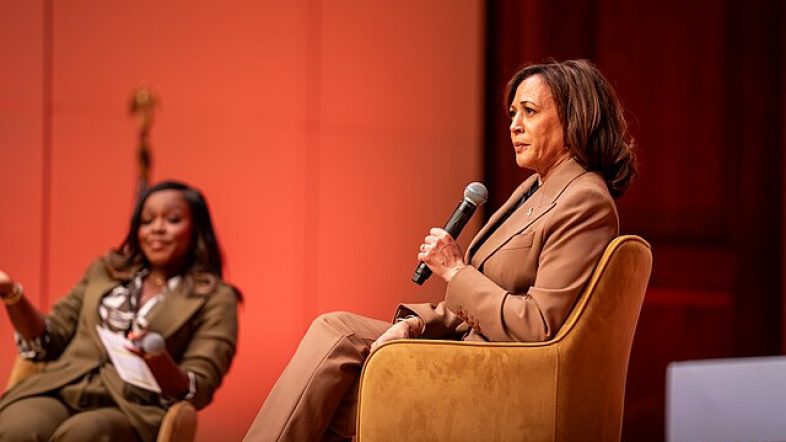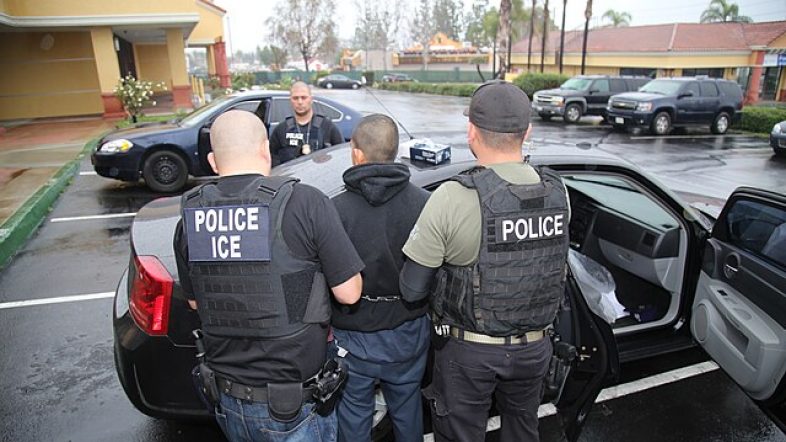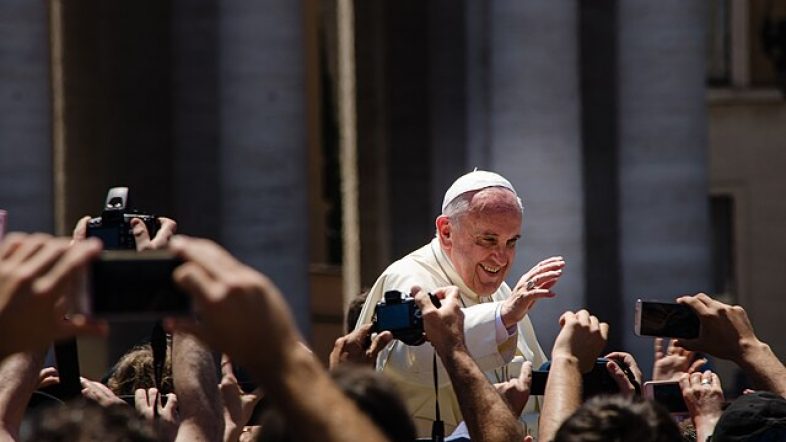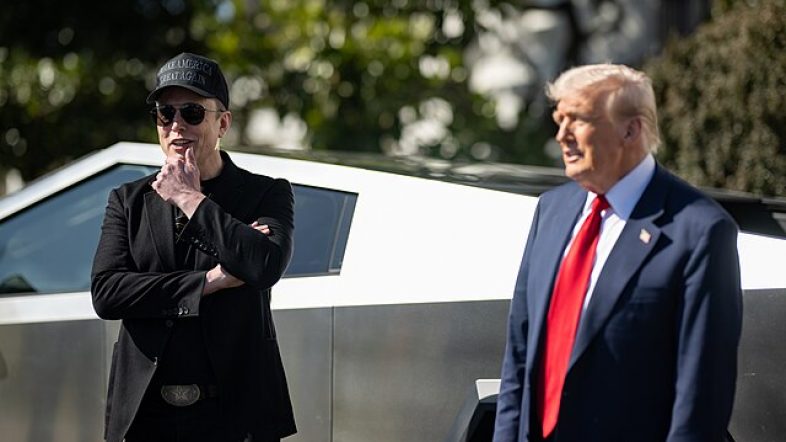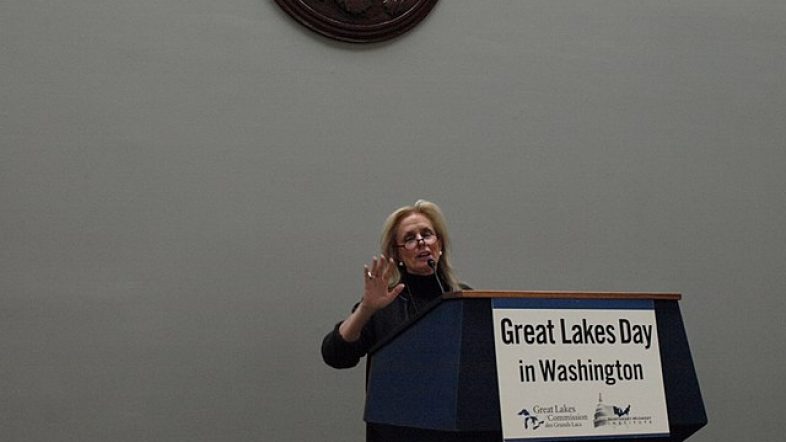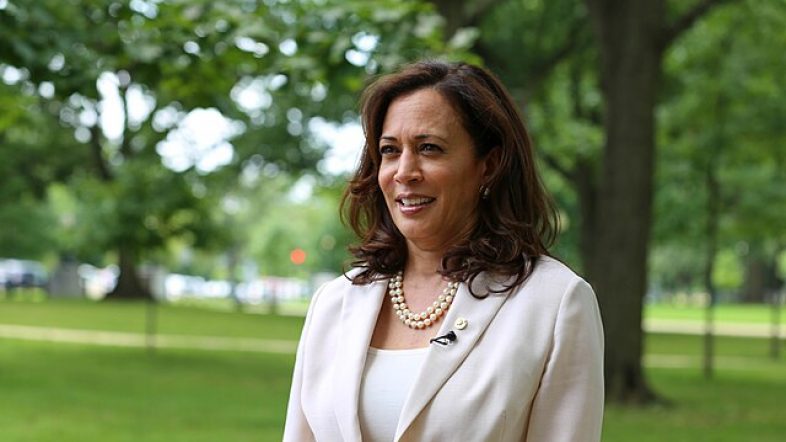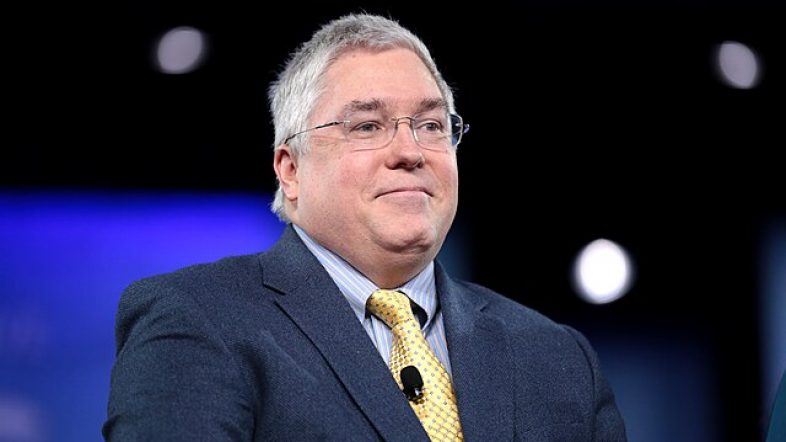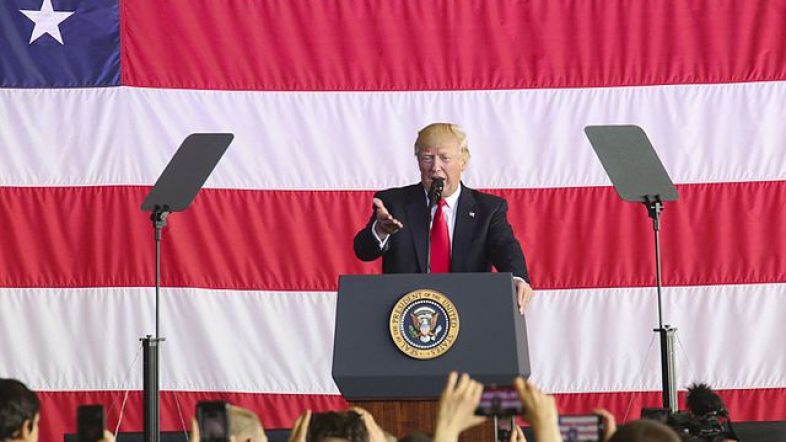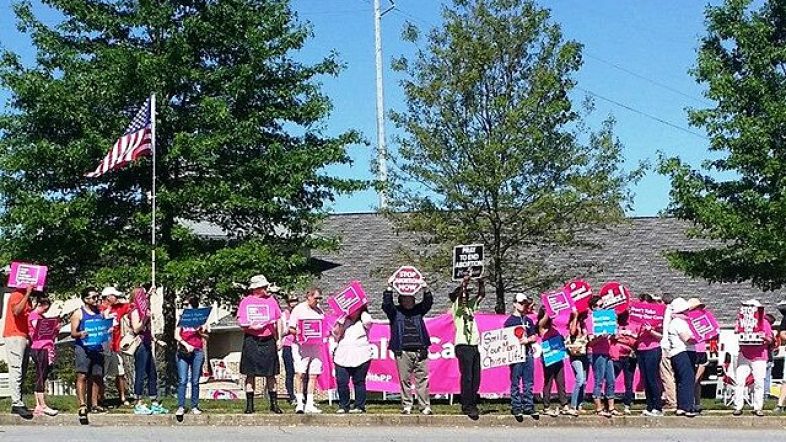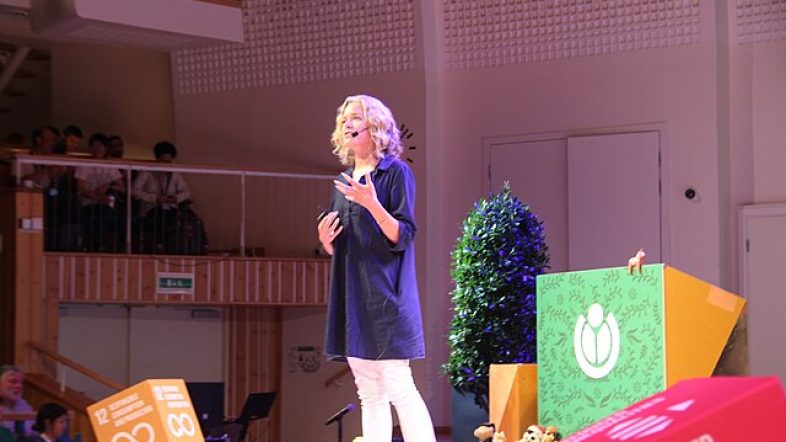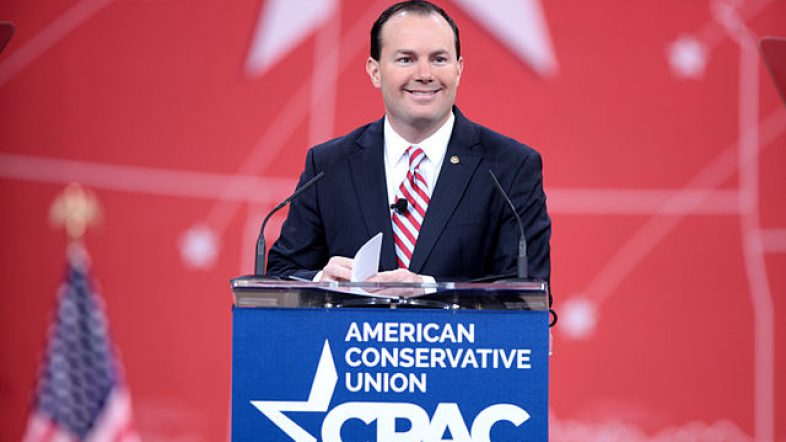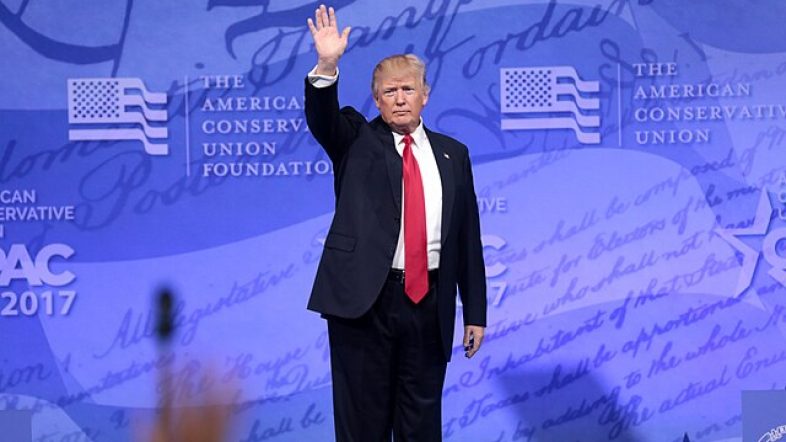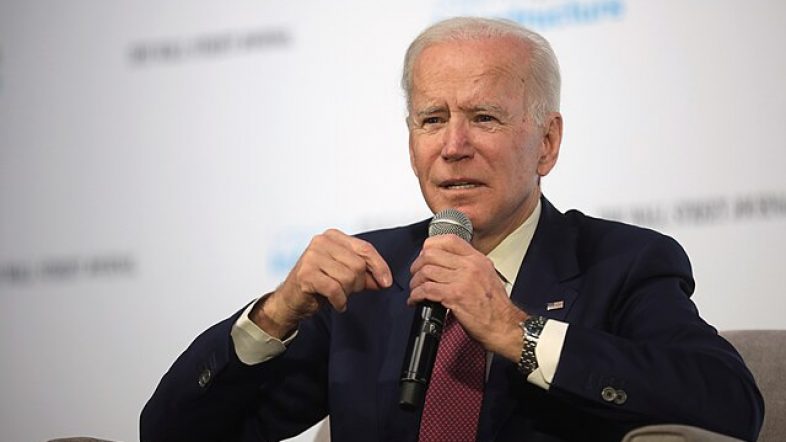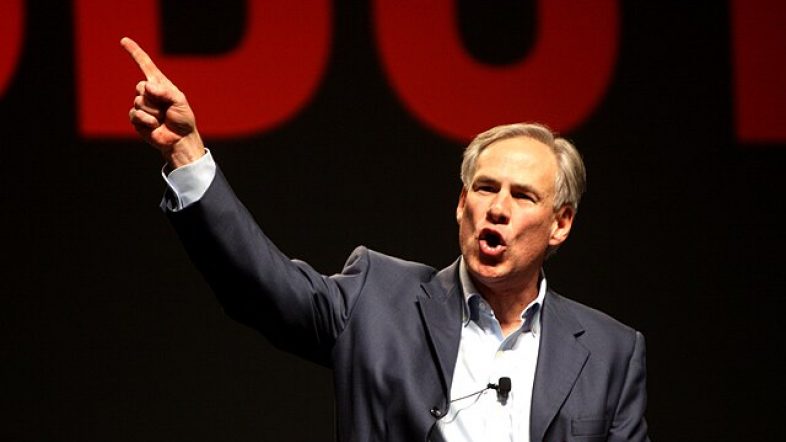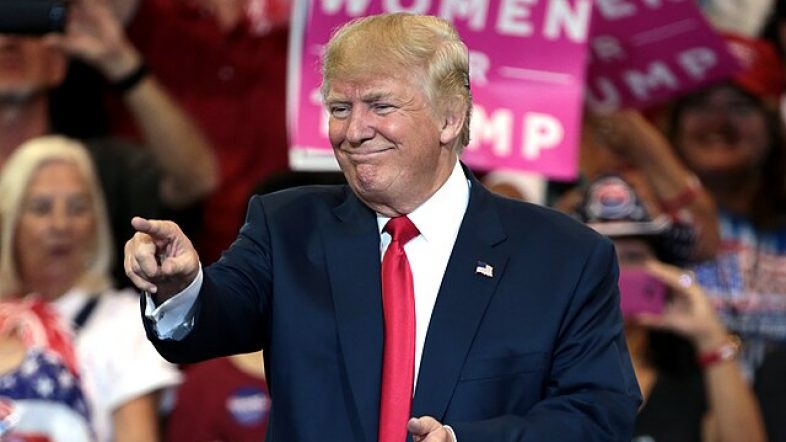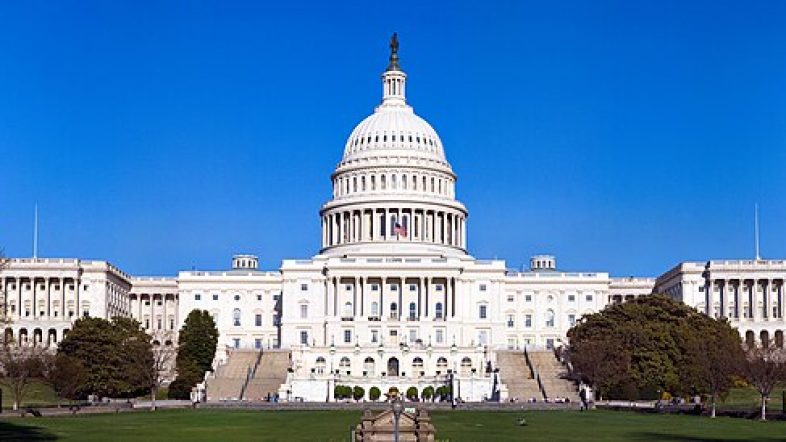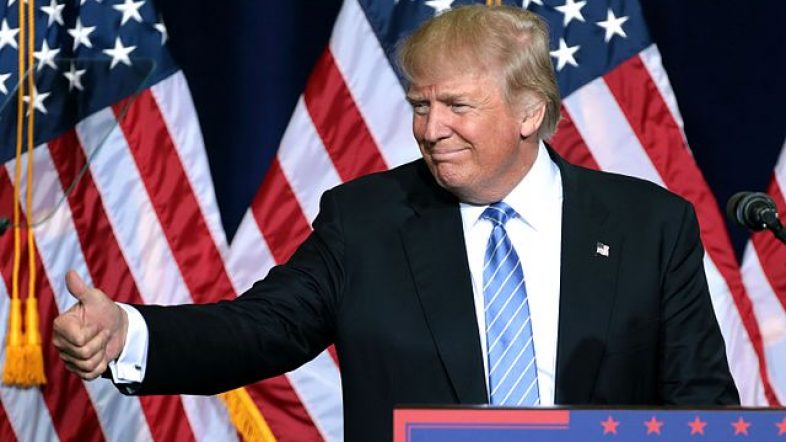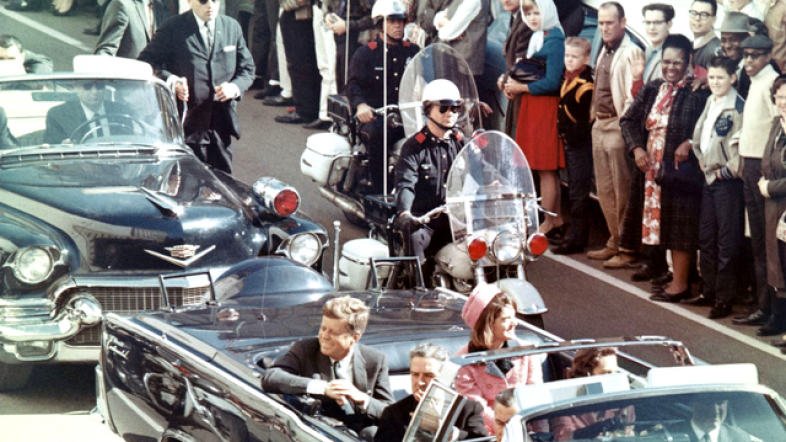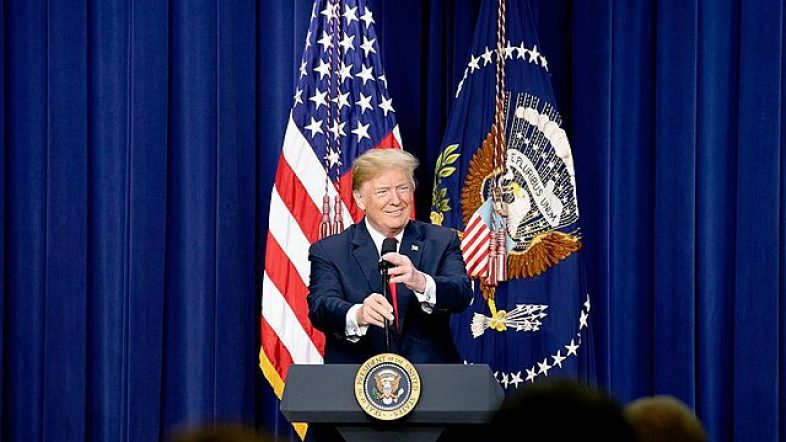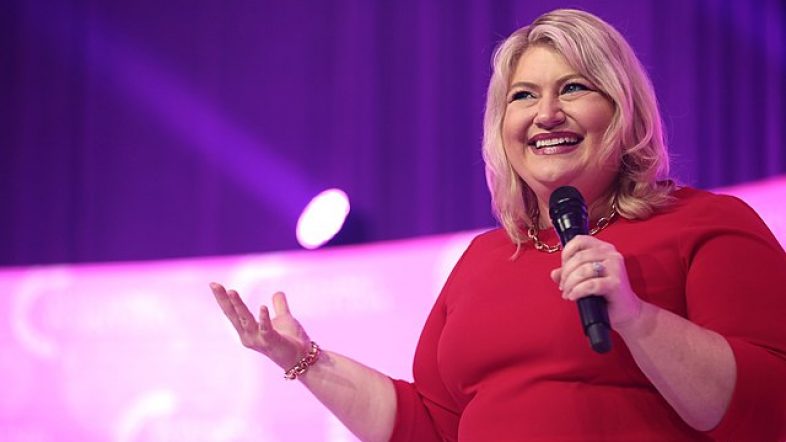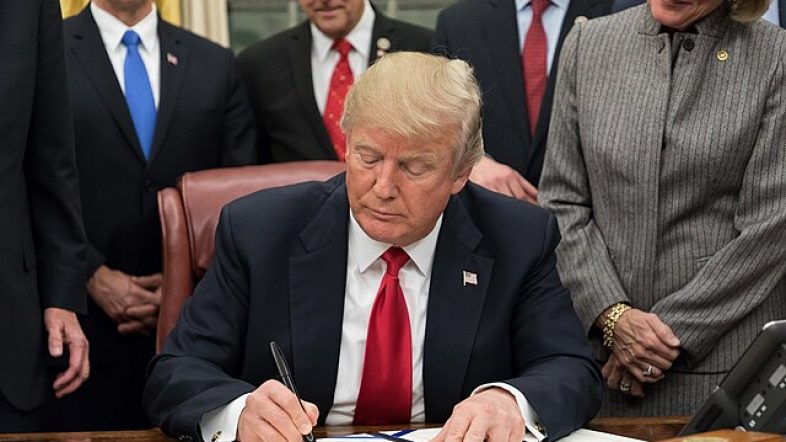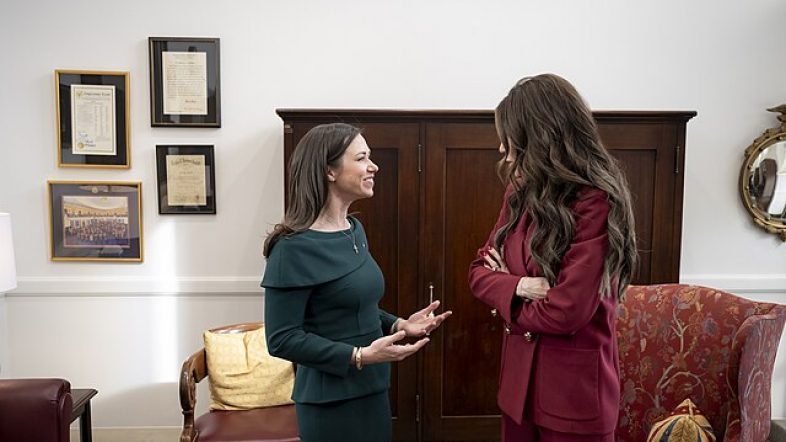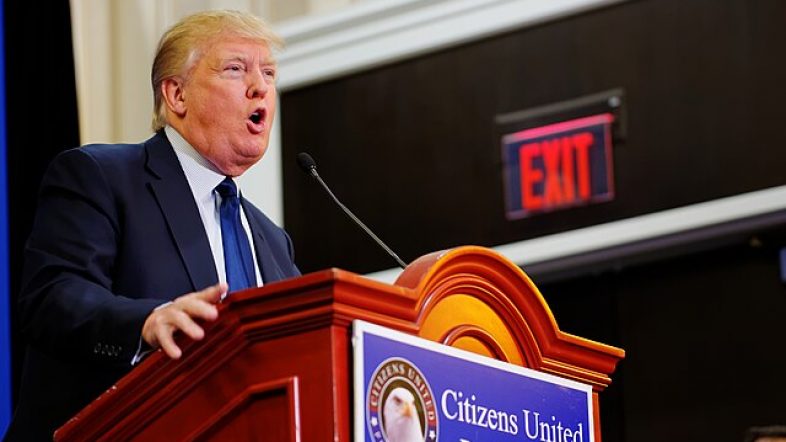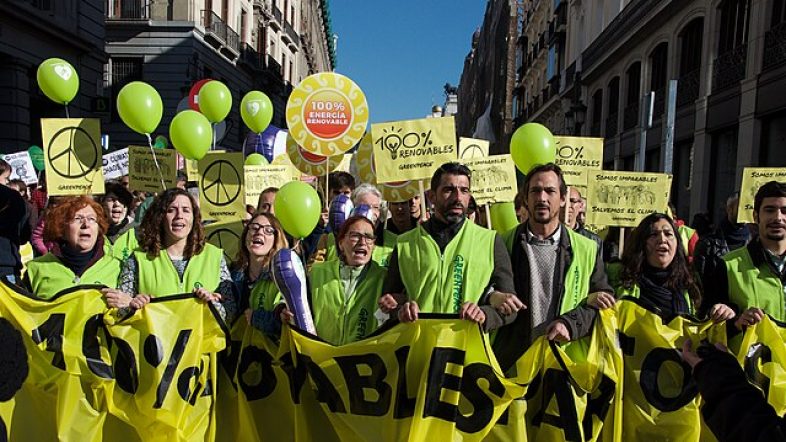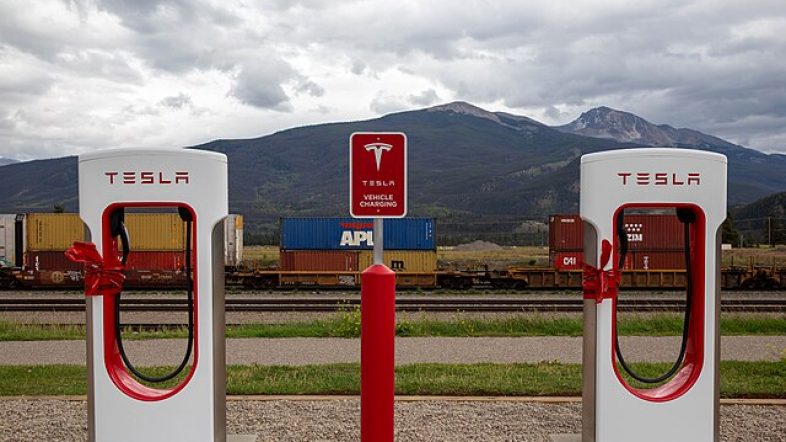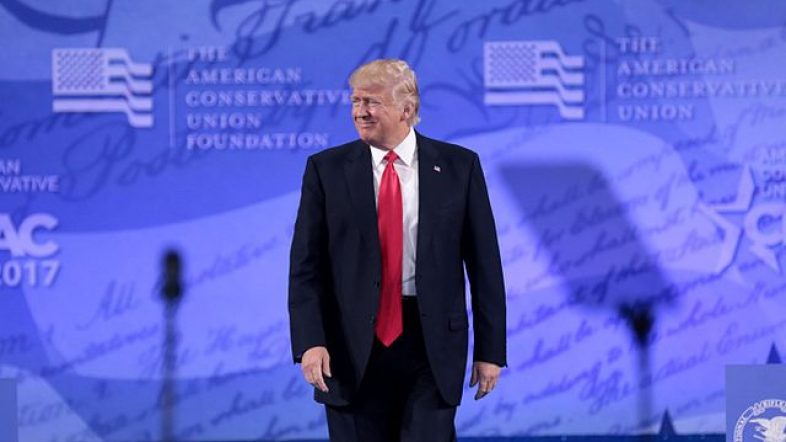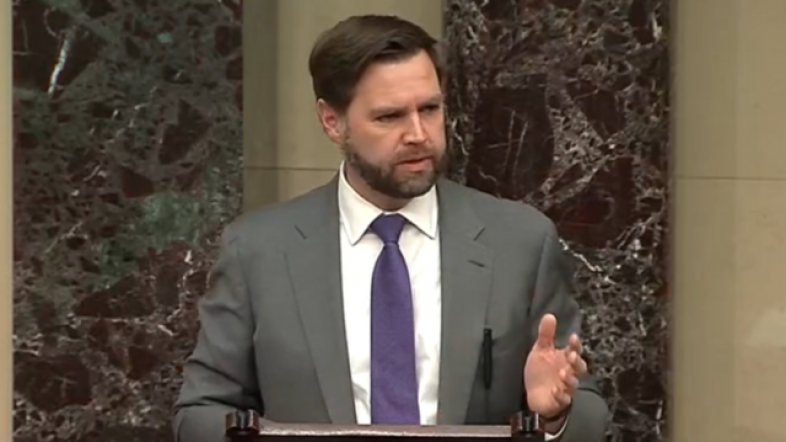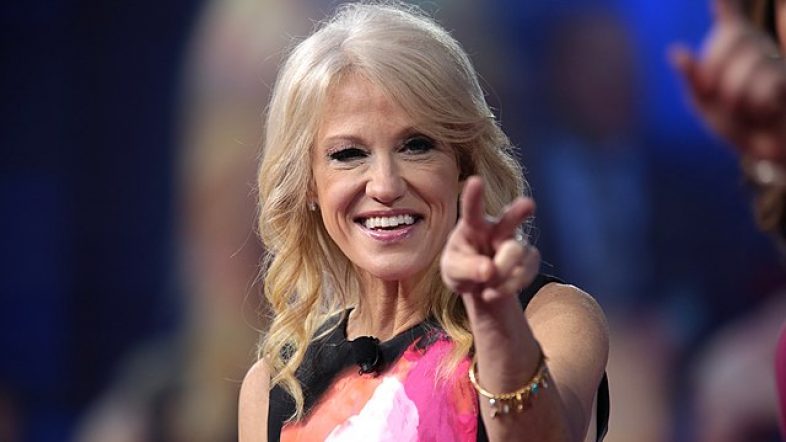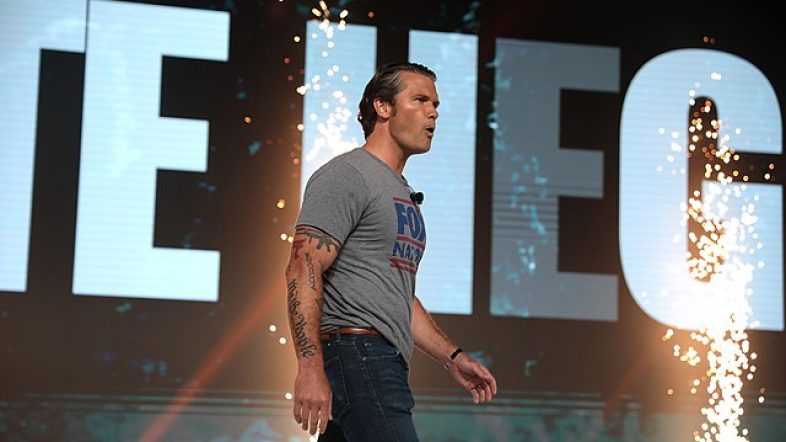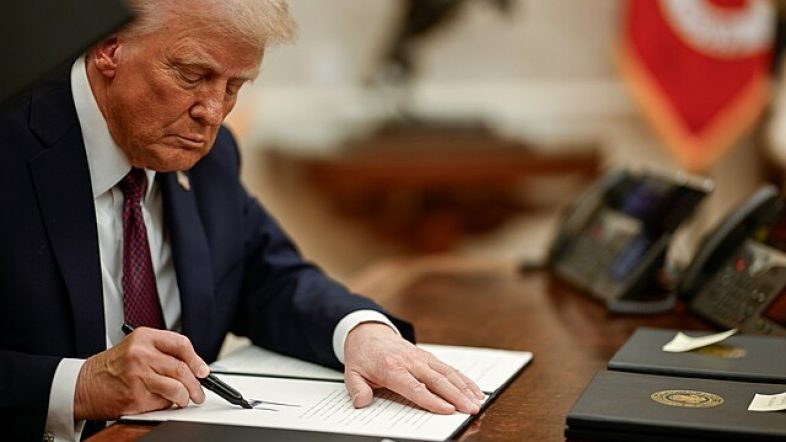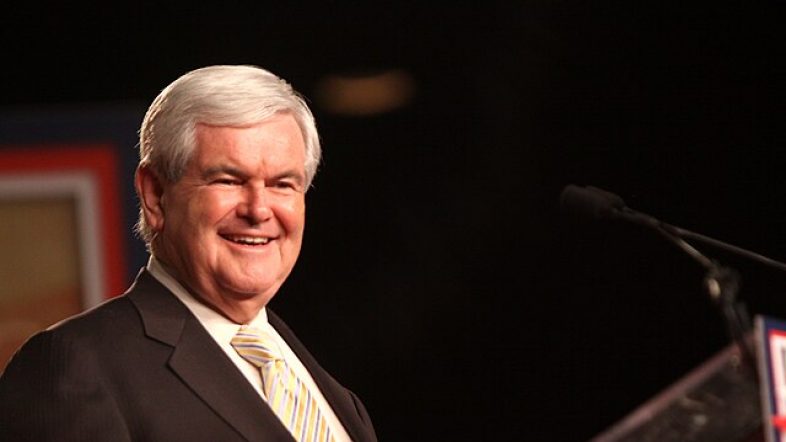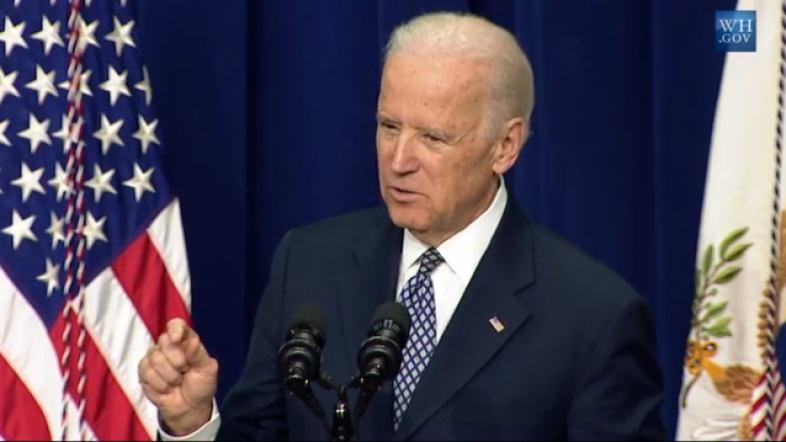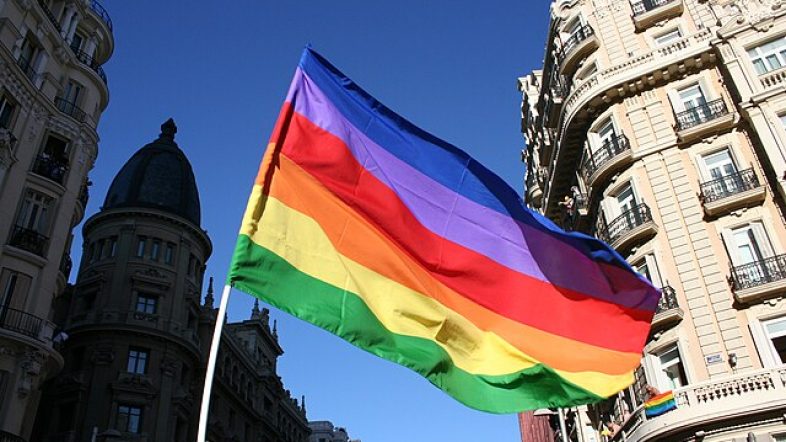In Vice President Kamala Harris’ Bidenomics 2.0 program she talks about making corporations and the wealthy pay their “fair share” as part of her biggest-ever $5 trillion tax hike. She says she is all about the middle class, so why is she proposing a huge tax hike on America’s workers and consumers?
Few argue whether people should pay their “fair share” in taxes. The rub is that “fair share” is an entirely subjective judgment. What Harris means, is fair share in her opinion. Your opinion may differ. Her reference to fair share is yet another cotton candy phrase — looks tasty, but is messy and devoid of nutrition.
The federal individual income tax is already very progressive. According to the nonpartisan Tax Foundation, the top 1% of income earners paid 45.8% of federal individual income taxes in 2022 according to the latest data, and the top half of all earners paid 97.7%. Before she pushes these percentages higher, she owes the country an answer to the question – when is it enough?
But there is another problem here. Harris proposes to raise taxes on corporations from 21% to 28%. Why does she think 28% represents their fair share? Would she like to see the rate go higher yet to be even fairer?
A bigger problem is that Harris insists she wouldn’t raise taxes on anyone making less than $400,000 a year. This assurance flies in the face of her corporate tax hike proposal.
When a corporation sends the U.S. Treasury a check for income tax, it remits the amount but the corporation didn’t pay the tax. To pay tax means to bear the tax. One of the oldest truisms of public finance is that corporations don’t pay taxes, people pay taxes. This raises the philosophical question, how can an entity that doesn’t pay taxes pay its fair share in taxes?
Nobody knows for sure who pays the corporate income tax. The answer likely varies by company, industry and maybe even by state of the business cycle. The consensus, as explained recently in a Congressional Research Service report, is that most of the tax remitted by corporations is split between workers and owners, with a little left over for consumers in some circumstances.
Yes, the corporate income tax is borne in large part by the middle class.
How do workers pay corporate income tax? One analogy is shrinkflation. Sometimes, when a company faces higher cost pressures it looks for ways to avoid raising prices. One way is to shrink the product size. That $1 candy bar looks a bit smaller than it used to.
The portion of a corporate income tax hike falling on workers rarely results in a cut in cash wages. That’s bad for employee morale. Instead, future wages rise more slowly, or employee benefits take a hit as in a less generous health care plan. Tax hike, meet workers, stage 1.
In some cases, corporations find it easier to raise prices than to cut wages, at least temporarily, which means Harris isn’t just raising taxes on the middle class, she’s raising taxes on the poor. Raising taxes on the poor is an odd policy for a progressive.
Ah, but at least part of the corporate tax remitted hits shareholders, too, and that means the rich, right? Yes and no. If you have an IRA or a 401(k) savings plan, or maybe a few stocks in a simple investment account, then chances are you’re invested in American corporations. Bingo, Harris has you in her sights, too.
Featured Image Credit: The White House


